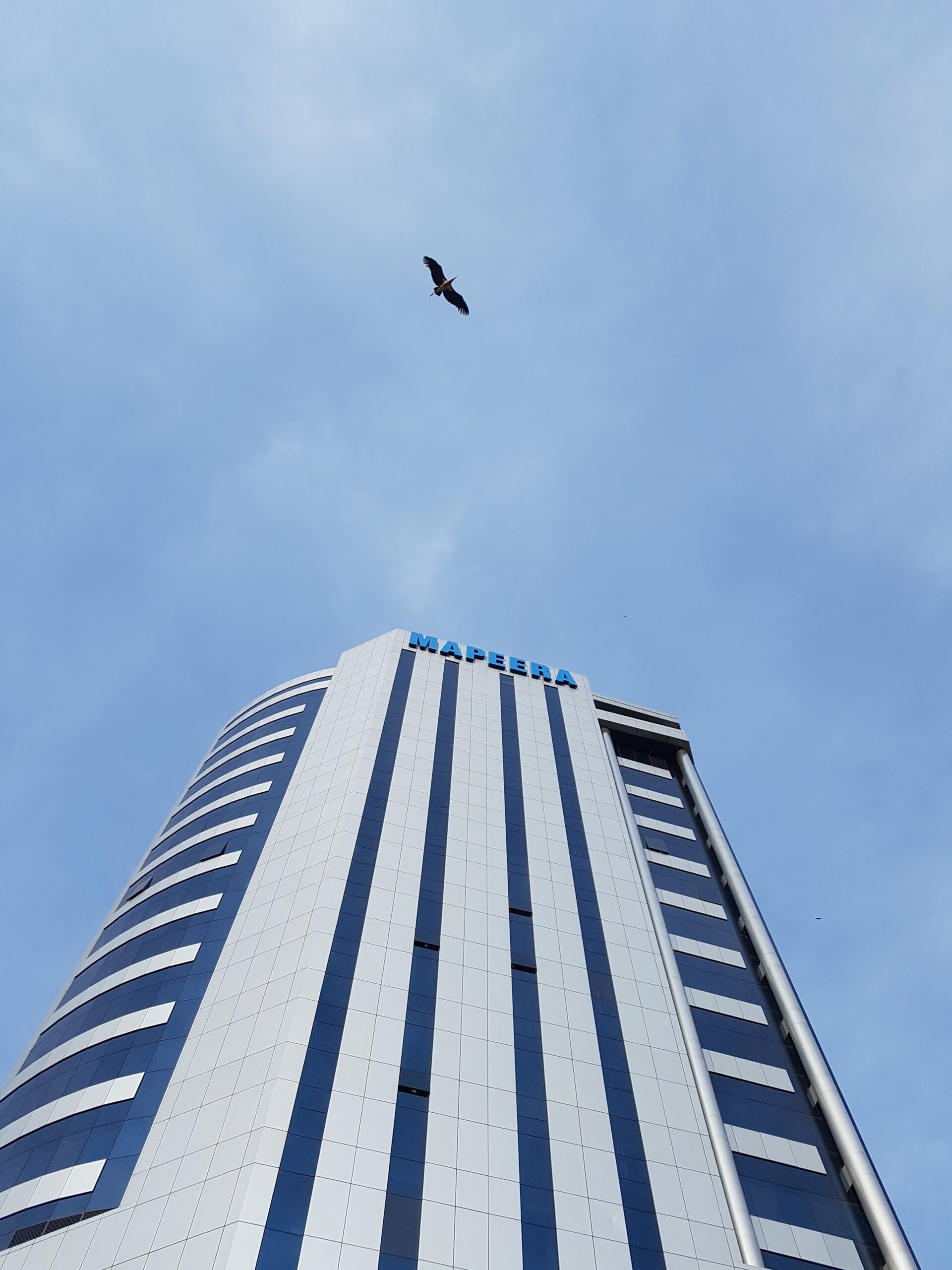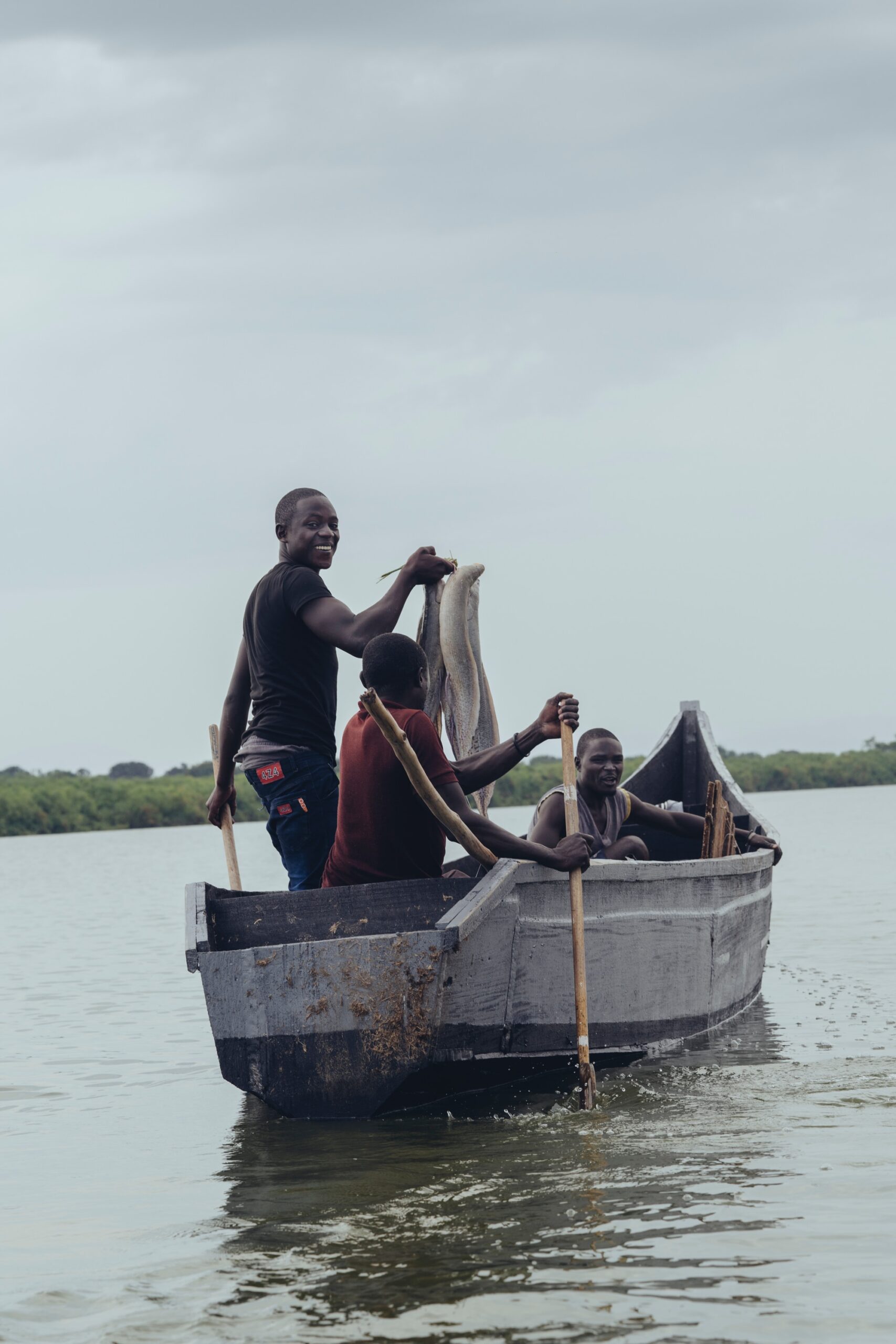
Photo by b40deep
Uganda
Uganda is a landlocked country located in East Africa, bordered by South Sudan to the north, Kenya to the east, Tanzania to the south, Rwanda to the southwest, and the Democratic Republic of the Congo to the west.
The capital city of Uganda is Kampala, the largest city in the country and its economic, political, and cultural center. English is the official language of Uganda, which was inherited from its colonial history under British rule. However, Uganda is linguistically diverse, with over 40 indigenous languages spoken.
Uganda is one of the most populous countries in Africa, with a population of over 45 million people. It is a youthful nation, with a significant percentage of its population under the age of 30. Uganda has a complex history, from its pre-colonial kingdoms to British colonial rule. It gained independence in 1962 and has since experienced periods of political and social change.
Uganda’s struggle for independence was marked by peaceful means, and it became a republic within the British Commonwealth on October 9, 1962.
Uganda is a presidential republic, and the President serves as both the head of state and the head of government. The country has a multi-party political system.
Uganda’s economy is diverse, with agriculture playing a prominent role. It is known for its agricultural products, including coffee, tea, and cotton. The country has experienced economic growth in recent years, attracting investment in sectors like oil and gas. Uganda is culturally diverse too, with numerous ethnic groups. Music and dance are integral aspects of Ugandan culture, with genres like traditional drumming and the popular dancehall and reggae music.
The country is also known for its vibrant traditional clothing and beadwork
Uganda is rich in natural resources, including fertile soil, minerals, and significant biodiversity. It is home to a variety of wildlife, making it a prime destination for safaris.
Uganda is renowned for its exceptional natural beauty and wildlife, including the famous Bwindi Impenetrable Forest, which is home to half of the world’s remaining mountain gorillas. The country is also known for its picturesque lakes, such as Lake Victoria, and scenic national parks like Queen Elizabeth National Park.
The country has faced controversies related to LGBTQ+ rights, with the introduction of anti-homosexuality laws in the past. It’s important to note that these laws have evolved over time, and the country’s stance on this issue has been a topic of international discussion.
Uganda is a country with a rich and diverse history, culture, and natural heritage. It is often referred to as the “Pearl of Africa” for its stunning landscapes and unique wildlife, making it a captivating destination for travelers and those interested in exploring its cultural and natural wonders.
Hidden Insights: Uncovering Uganda
1. Source of the Nile: Uganda is often referred to as the “Pearl of Africa” not only for its scenic beauty but also because it is home to the source of the Nile River. The Nile’s most distant source, Lake Victoria, is located in Uganda, and it’s a place of historical and geographical significance.
2. Rwenzori Mountains: The Rwenzori Mountains, also known as the Mountains of the Moon, are located along the border of Uganda and the Democratic Republic of the Congo. These mountains are notable for their glaciers and alpine vegetation and are one of Africa’s most striking mountain ranges.
3. Young Population: Uganda has one of the youngest populations in the world. A significant portion of its population is under the age of 18, and the country’s youth are an important demographic in terms of its future development.
4. Music and Dance: Uganda has a rich tradition of music and dance. Traditional instruments like drums, xylophones, and flutes are widely used in cultural performances. One popular Ugandan dance style is the “kadodi,” a celebratory dance performed at various events.

Photo by Megan Escobosa Photography

Photo by Random Institute
Capital City: Kampala
Population: 45.85 million (2021)
Nationality: Ugandan(s)
Location: East Africa
Languages: English (official language, Ganda or Luganda (most widely used of the Niger-Congo languages and the language used most often in the capital), Swahili (official), Arabic
Religion: Protestant 45.1% (Anglican 32.0%, Pentecostal/Born Again/Evangelical 11.1%, Seventh Day Adventist 1.7%, Baptist .3%), Roman Catholic 39.3%, Muslim 13.7%, other 1.6%, none 0.2% (2014 est.)
Area Total: 241,038 sq km
Uganda Embassy in UK
Address: 58 – 59 Trafalgar Sq, St. James’s, London WC2N 5DX
Website: https://www.london.mofa.go.ug
Correcting The Map: The True Size Of Africa
The Mercator Projection downplays the size of Global South continents as it makes the Global North look larger
Heritage: What shapes us?
When heritage is mentioned, our minds often leap to the spectacular and the visible: the grandeur of world heritage sites, the majesty of traditional attire, the vibrant swirl of dances and festivals, or the melodies of mother tongues. These are the showpieces of...
HER-itage: Africa’s Phenomenal Queens And Leaders
Honouring and celebrating the incredible contributions of women throughout African history. These remarkable women have shaped nations, led revolutions, and stood against oppression with unwavering resilience. These queens, warriors, and visionaries broke barriers,...
